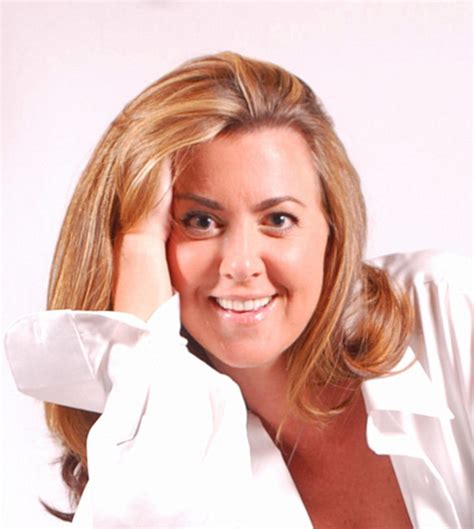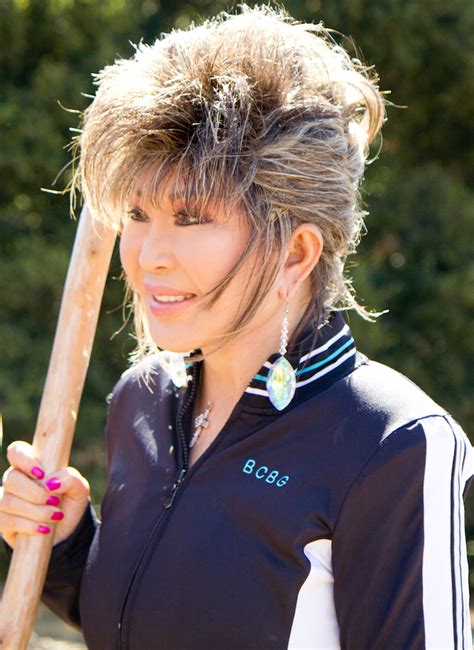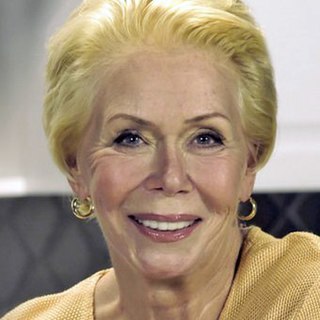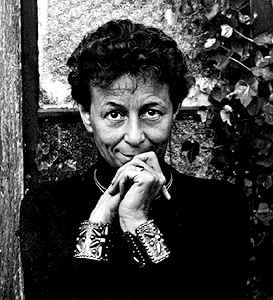A Quote by Charles Handy
We should see schools as safe arenas for experimenting with life, for discovering our talents... for taking responsibity for tasks and others people, for learning how to learn... and for exploring our beliefs about life and society.
Related Quotes
Let us remember, too, that greatness is not always a matter of the scale of one’s life, but of the quality of one’s life. True greatness is not always tied to the scope of our tasks, but to the quality of how we carry out our tasks whatever they are. In that attitude, let us give our time, ourselves, and our talents to the things that really matter now, things which will still matter a thousand years from now.
I believe that our society's "mistake-phobia" is crippling, a problem that begins in most elementary schools, where we learn to learn what we are taught rather than to form our own goals and to figure out how to achieve them. We are fed with facts and tested and those who make the fewest mistakes are considered to be the smart ones, so we learn that it is embarrassing to not know and to make mistakes. Our education system spends virtually no time on how to learn from mistakes, yet this is critical to real learning.
Preschool kids learn best when exploring, but kids in school learn best when they do things, interacting with a master. Unfortunately, our schools don't do much of either. Also, kids do need to learn how to deal with technology, and online education and otherwise using electronic devices as learning tools facilitates that.
When a child’s life is full of sights, sounds, tastes, smells, textures, people and places, he will learn. When he feels safe and loved, he will learn. When parents begin to recover from their own ideas of what learning should look like (what they remember from school), then they begin a new life of natural learning, too.
How often do we tell our own life story? How often do we adjust, embellish, make sly cuts? And the longer life goes on, the fewer are those around to challenge our account, to remind us that our life is not our life, merely the story we have told about our life. Told to others, but — mainly — to ourselves.
Practice can be stated very simply. It is moving from a life of hurting myself and others to a life of not hurting myself and others. That seems so simple-except when we substitute for real practice some idea that we should be different or better than we are, or that our lives should be different from the way they are. When we substitute our ideas about what should be (such notions as "I should not be angry or confused or unwilling") for our life as it truly is, then we're off base and our practice is barren.
Finding a way to extend forgiveness to ourselves is one of our most essential tasks. Just as others have been caught in suffering, so have we. If we look honestly at our life, we can see the sorrows and pain that have led to our own wrongdoing. In this we can finally extend forgiveness to ourselves; we can hold the pain we have caused in compassion. Without such mercy, we will live our own life in exile.
We have many years to eat and sleep, but how many years do we have to make a difference in the lives of others? That's the highest calling any of us can have: Living our life so as to intentionally add value to others. But to do this, we have to make ourselves more valuable. We have to keep learning, growing, developing as leaders and taking responsibility for being the change we want to see in the world.



































